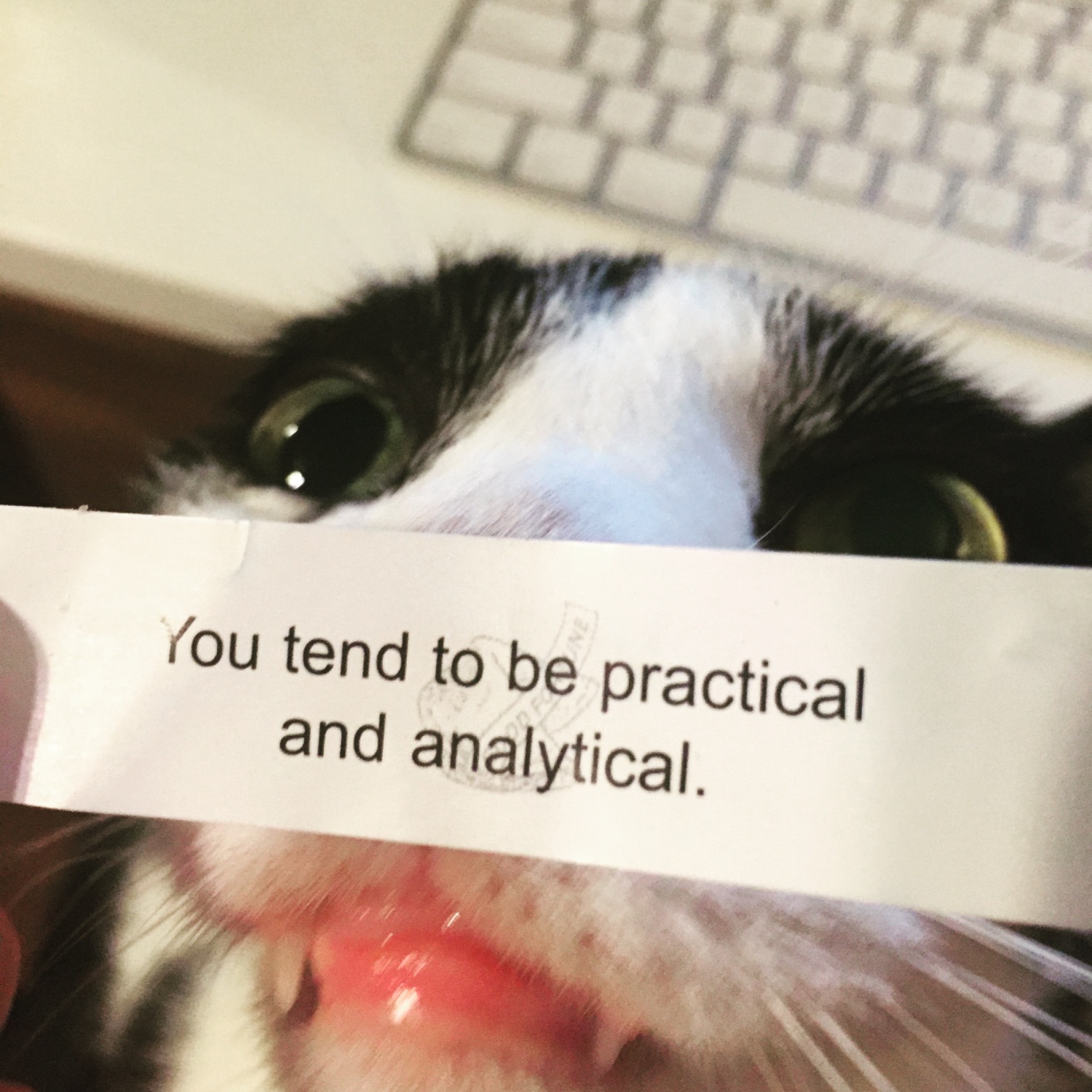

Highly recommend Lakoff and Johnson’s Metaphors We Live By if you’re interested in this topic. They break down concepts that have developed into their current form (within a given cultural and linguistic community) with the metaphors used to talk about the concept.
For example, in English “argument is war.” I won the debate. She’s on my side. His position is indefensible.
Or, also in English, “time is money.” Not the cliche phrase “time is money,” but conceptually time is money, or at least a precious resource: I spend time on it. Don’t waste my time. You need to invest in your future.
It gets a lot more nuanced, but the idea is that there is no reason why these things naturally get spoken about similarly. A language/culture might conceptualize “argument as dance” or “time is water.” The fact that these forms are so deeply embedded in the language (arguably) speaks to how we actually interact with the concepts represented. Re these two specific examples, these fit well with an individualist and capitalist mindset. Maybe they came out of it, maybe they reinforce it, maybe both.
Very cool, short, easy read. Impressively accessible compared to anything else in the realm of linguistic relativity.






Linguists hate grammarly